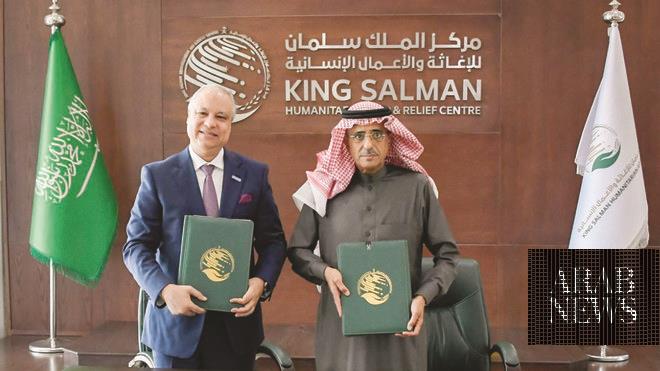
The government and rebels in South Sudan signed on Sunday a final power-sharing deal, aimed at ending a civil war that has killed tens of thousands of people and displaced millions in the country.
President Salva Kiir and his rival Riek Machar, head of opposition, signed the deal in Sudan in the presence of Sudan’s President Omar al-Bashir and head of Intergovernmental Authority on Development (IGAD).
The signing process was postponed three times since Sunday’s noon because of disagreements between South Sudanese parties over a number of outstanding issues on power-sharing and governance, a source close to the talks told Asharq al-Awsat.
The source added that the group of former detainees, members of the political bureau of the ruling party, and South Sudan Opposition Alliance (SSOA) argued the issue of their participation in the governance, noting that IGAD intervened to solve the issue.
Uganda’s President Yoweri Museveni was also present and played a role in bringing closer the views, according to the source. He added that heavy pressure has been placed on the parties to ensure the deal eventually gets signed.
In addition to Bashir and Museveni, the signing ceremony was also attended by Kenyan President Uhuru Kenyatta, whose country will host the third phase of the negotiations on the remaining issues and implementation mechanisms of the convention.
Djibouti President Ismail Omar Guelleh, Somali Prime Minister Hassan Ali Khaire and Ethiopian Deputy Prime Minister Demeke Mekonnen also attended the ceremony.
Leaders and prime ministers of IGAD signed the agreement offering their support to the parties and pledged to commit to peace in South Sudan.
Khartoum hosted the current round of negotiations under the auspices of Bashir on the mandate of IGAD summit held earlier in June.
Earlier, the Opposition Alliance had accused the Sudanese security services of intimidating some opposition representatives in Khartoum and ordering them to sign the governance agreement on behalf of their groups.
"Sudan Security personnel has resorted to extreme intimidation and arm-twisting coercing SSOA members to sign on behalf of their constituent parties," the group in a statement released on Saturday evening.
On 3 August, the Alliance rejected the agreement on outstanding issues on governance chapter of the 2015 peace deal voicing strong reservations about power-sharing at the state level and the suggested referendum if the parties fail to reach compromise on this respect during the transitional period.
"SSOA would like to alert the IGAD mediation, African Union, Troika, the UN, and the world that such mediation of peace by the Sudan will not provide a genuine sustainable peace in South Sudan," said the statement.
The Alliance lodged an official complaint against Sudan mediation and its security personnel interference and intimidation.
Earlier, Sudan’s Foreign Minister Al-Dirdiri Mohamed Ahmed said the non-signatory groups would continue the discussions on the pending issues with the Kenyan mediation which will host the talks from Monday onward.
First Vice President Taban Deng Gai agreed to give up his post in order to achieve peace in his country. In a statement released in Juba by Taban’s office spokesperson, Angel Machar, the First VP announced that he waived the position during a joint meeting with President Kiir and Sudan’s Foreign Minister in Juba last Friday.
Under the initial peace deal, Kiir will continue to serve as president and Machar will be reinstated as the first vice president.
South Sudan attained independence from Sudan in 2011 but the country descended into a civil war two years later between Kiir and Machar.
The war has caused one of the largest humanitarian crises in the continent, according to the UN.
About 2 million South Sudanese have become refugees in neighboring countries, and more than 10,000 people killed from 2013 to 2015 alone. A previously signed agreement in August 2015 failed to maintain peace.












